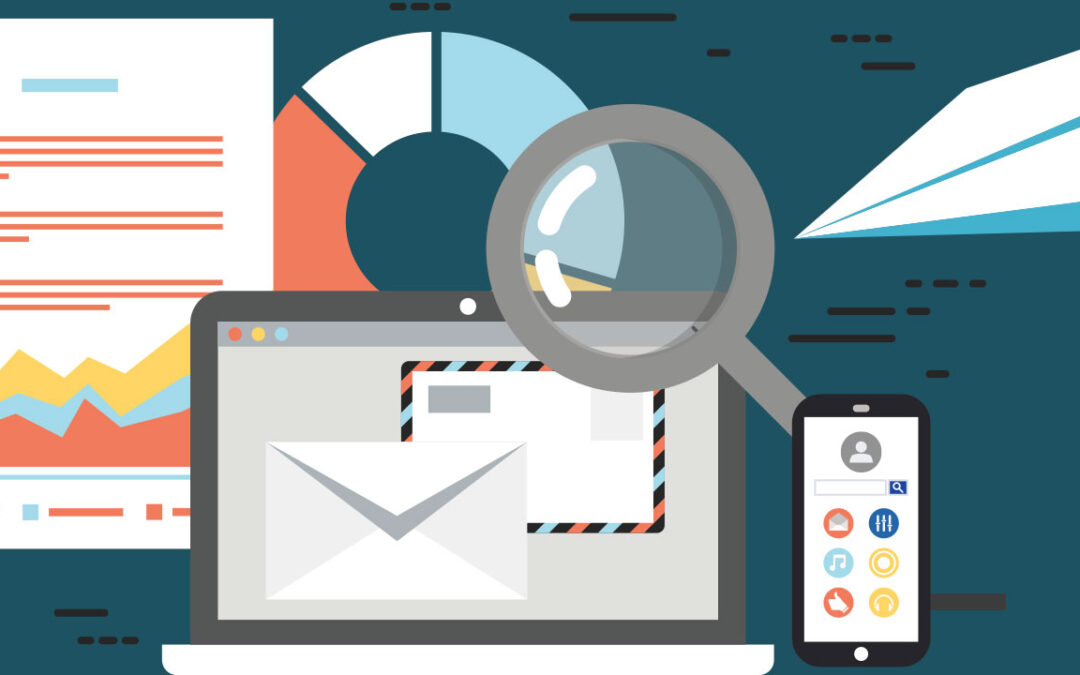There’s no shortage of information out there encouraging people to start their own businesses and venture into self-employment, but when it comes time to actually getting started, the question I hear most is ‘okay, what do I do first?’
Opinions can vary about what steps you should take to get started, but in my experience, there is a specific cadence of things I believe you need to do first which will save you a lot of time and headaches down the road.
Have some kind of business plan
Whether or not you need a fully detailed and comprehensive business plan is open to debate and can vary depending on what business or industry you’re in. I’ve also written about this more extensively in this post.
The short answer is: you need to have something on paper.
Launching any type of venture without some kind of road map is almost a guarantee of failure. But it doesn’t mean you need to write a lengthy binder of information detailing every aspect of your business idea.
Effective business plans evolve over time and the final draft never resembles the first attempt. Get something on paper that at least describes a framework of what you’re trying to do. You can always review your plan regularly, make updates, or expand on your ideas.
Make things official
Before you can sell your first product or send out your first invoice, you need to get your house in order and make things official when it comes to business administration.
This means registering your business with your state, filing your incorporation papers, and requesting your tax I.D number from the IRS. It could also mean obtaining whatever licenses your may need to operate your business if your industry requires them. You then need to take this information to your bank and open a new business account under your corporate name.
This process is critical to ensure you’re acting like a real business and keeping a wall between your personal and business-related finances.
Find professionals to help
Many entrepreneurs and self-starters like the idea of doing everything themselves. But there are some things you should never do yourself and leave in the hands of professionals. This means seeking out and finding an attorney or a CPA. Depending on your business, you may need to find both. However, the more important of the two is definitely finding a CPA you can trust and build a relationship.
Your CPA will be invaluable in helping you understand the best ways to manage your bookkeeping, maintaining your business balance sheet, and all required reporting issues that keep your business legitimate in the eyes of the IRS. They can also be indispensable if the need arises to seek funding from outside investors and can help you present your business in a way that makes it more attractive on paper.
Prepare for lean times
The thing that scares new business owners the most if the idea of not having an income. The degree of stress varies from person to person but is directly relative to a few things; current obligations vs. savings in the bank.
How you prepare for your own lack of income is also related to your own tolerance for risk. Some people are comfortable launching their ideas with a few months of expenses in the bank. Others don’t feel safe making any moves until they have 6 months to a year of income in the bank.
Regardless of your risk tolerance, you should seek to immediately reduce as many expenses as possible, pay off whatever debt you can, and create a budget that makes the most of the money you’ll have available while you’re trying to generate new income.
To work or not to work
Some entrepreneurs jump into their new venture with both feet, while others take a more measured approach. This can mean the difference between deciding to work part-time while working on your business, or putting all of your efforts into working on your idea full time. This again is an issue of risk tolerance and can only be decided by the individual.
There’s no rule one way or the other and everyone moves at their own pace. The upside of working is the obvious benefit of maintaining some kind of income. The downside is, getting things off the ground can take longer than expected since you have more limited time to devote to your business idea.
I’ve seen both scenarios succeed, but only you can decide what feels right for you.
Set goals
It’s seem like an obvious cliché to talk about setting goals when it comes to launching a new business, but having some kind of check list and being able to see those accomplishments can have a huge mental impact and affect your motivation.
Getting something off the ground is a daunting task—especially if everything is new to you. Making a daily or weekly list of tasks—no matter how big or small—can go a long way to keeping you motivated and seeing you reach your goals. This is especially important of you’ve decided to balance your time between working and building your idea on the side.
Crossing things off your list creates a series of incremental ‘wins’ and will have a huge impact on your business focus.
Just get started
The hardest step is always the first. For every entrepreneur who starts a business there are thousands of others who are serial dreamers. For whatever reason, so many people suffer from ‘failure to launch’ syndrome and never take even the smallest steps to pursue their dreams.
I think the challenge for many is simply fear of breaking out of their comfort zone, or thinking it’s just too complicated to start and run their own business—because that’s what their friends and family tell them.
My advice has always been, don’t listen to the critics. The only way you’ll know if being an entrepreneur is right for you is to just get started, it takes less than you think.






0 Comments